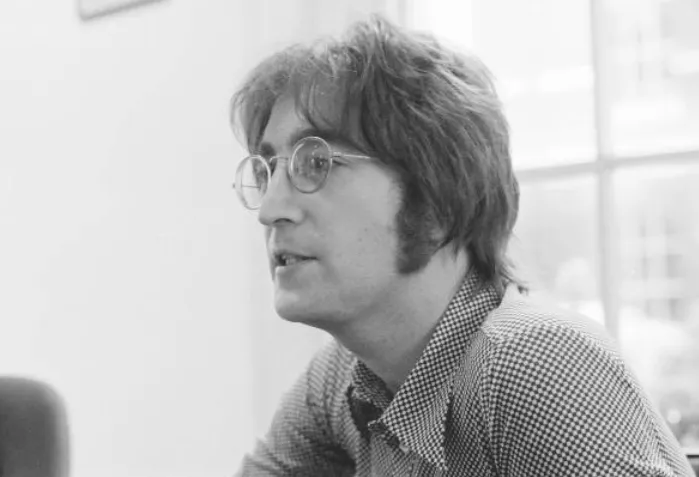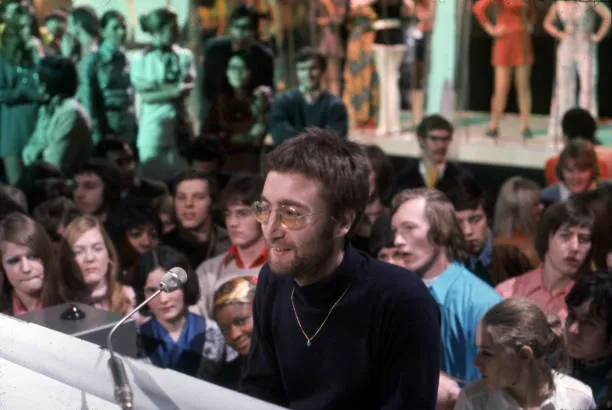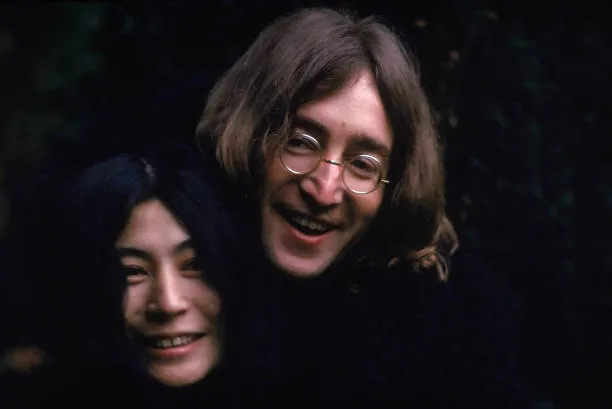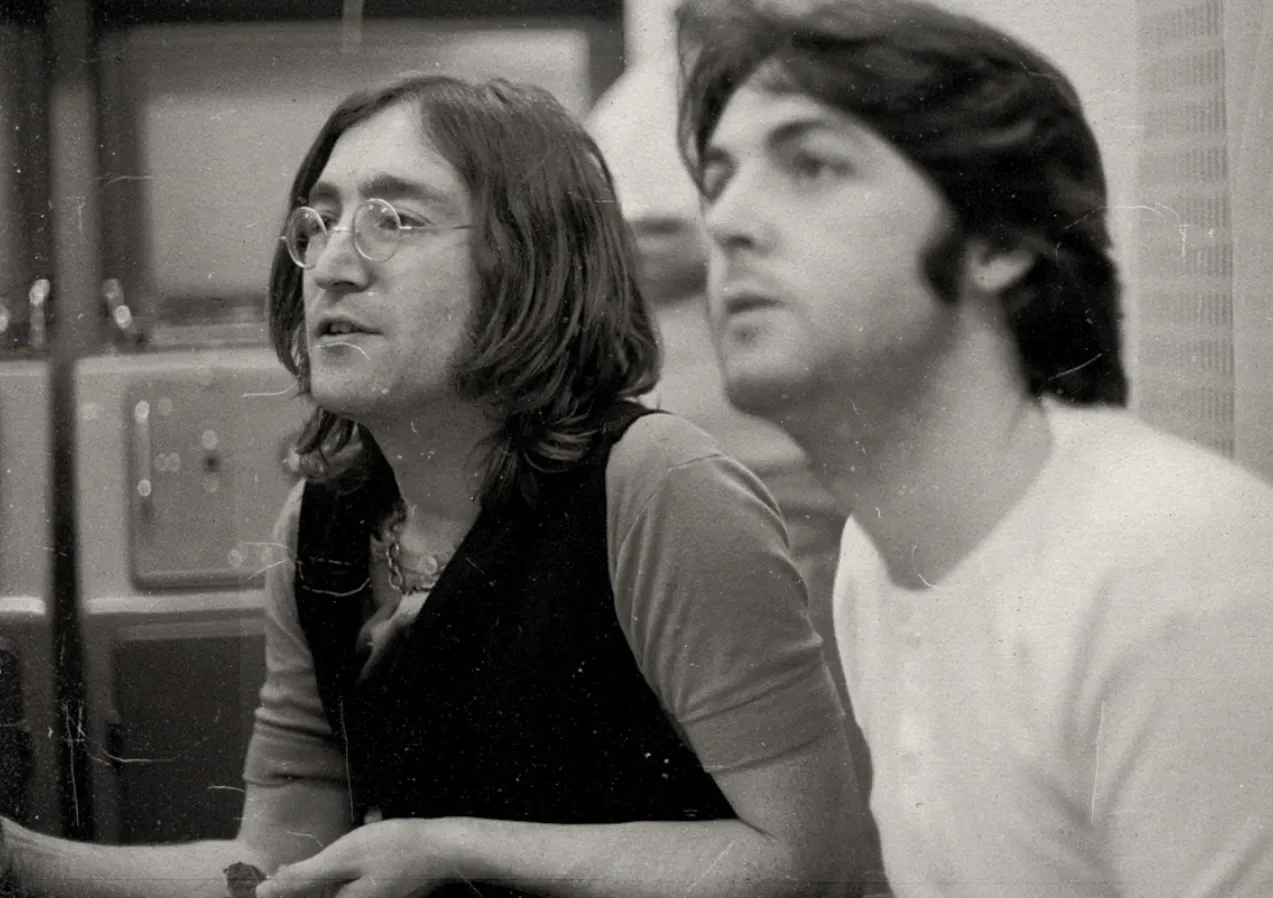In the rich tapestry of John Lennon's musical journey, one song embodies a profound sense of love, tribute, and introspection—"Woman."
The song, released in 1980 on the album "Double Fantasy," which he co-produced with his wife, Yoko Ono, is often cited as one of Lennon's most heartfelt and sincere compositions.
But what was the inspiration behind this deeply emotional track? This article dives into the origins and significance of John Lennon’s "Woman," unraveling the love story, the lyrics, and the legacy of this timeless piece.
The Context of "Double Fantasy"
To truly understand why John Lennon wrote "Woman," it's essential to first grasp the backdrop of "Double Fantasy."
By 1980, John had taken a five-year hiatus from the music industry. During this period, he focused on being a stay-at-home father to his son Sean, born in 1975.
This break was not just a professional pause but a profoundly personal journey where Lennon sought to reconnect with his family and himself.
When John and Yoko decided to return to the studio, the result was "Double Fantasy," an album named after a type of freesia flower.
The album was a dialogue of sorts between John and Yoko, alternating between their perspectives on love, life, and partnership. "Woman" stands out as John’s open love letter to Yoko, encapsulating the essence of their relationship and his reflections on love.
A Tribute to Yoko Ono
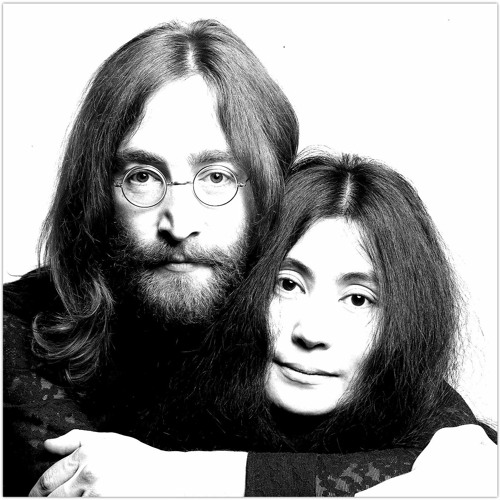
John Lennon never shied away from expressing his deep admiration and respect for Yoko Ono, whom he credited with transforming his life in myriad ways.
From the onset of their relationship, Yoko was not just a partner but a muse, collaborator, and constant source of inspiration for Lennon.
"Woman," in many ways, is an ode to Yoko. The song’s lyrics reflect John’s gratitude and awe for the woman who had significantly influenced his life and work.
He often referred to "Woman" as a mature sequel to "Girl," a song from The Beatles' "Rubber Soul" album. Where "Girl" spoke of romantic longing and idealization, "Woman" conveyed deep respect, appreciation, and love.
An Exploration of the Lyrics
The opening lines of "Woman" set the tone for the entire song:
"For the other half of the sky, Woman, I can hardly express My mixed emotions at my thoughtlessness, After all, I'm forever in your debt."
In these lines, John acknowledges women’s irreplaceable role in life, drawing from a Chinese proverb often attributed to Mao Zedong: "Women hold up half the sky."
Lennon’s profound regard for Yoko is evident, as he admits his past shortcomings and expresses his indebtedness for her unwavering love and support.
As the song progreses, the lyrics delve deeper into John’s emotional landscape:
"Woman, I will try to express My inner feelings and thankfulness For showing me the meaning of success. Ooh, well, well, Doo doo doo doo-doo."
Here, John attempts to articulate his inner emotions of gratitude and joy, attributing his understanding of true success to Yoko's influence.
For Lennon, success had transcended beyond fame and fortune; it was about finding inner peace, love, and fulfillment—values that Yoko had helped him understand.
A Personal and Universal Message
While "Woman" is undoubtedly personal, its themes are universal. The song resonates beyond John and Yoko's relationship, touching on broader ideas of love, partnership, and respect.

Lennon’s lyrics call for an acknowledgment of women’s emotional labor and profound impact, making it not just a love song but a respectful salute to all women.
The chorus encapsulates this universal message:
"Woman, please let me explain I never meant to cause you sorrow or pain. So let me tell you again and again and again..."
Through these heartfelt repetitions, Lennon underscores the importance of open communication and recognition in relationships.
His plea for understanding and forgiveness reflects a longing for emotional harmony and mutual respect, pivotal elements in any loving relationship.
Real-Life Inspirations
The creation of "Woman" was not just a conceptual endeavor but was deeply rooted in the reality of John and Yoko's life together.
Their relationship, which had faced public scrutiny and personal challenges, was a testament to their resilience and love.
Early in their partnership, Yoko had inspired Lennon to explore new artistic avenues and question established norms.
She encouraged his activism and his quest for peace and equality.

The synergy between John's soulful music and Yoko's avant-garde artistry created a unique dynamic that both perplexed and fascinated the public.
By writing "Woman," Lennon not only celebrated Yoko but also reflected on the complexities and beauty of their shared journey.
The song is imbued with the lessons and growth they experienced together, making it a genuine and intimate piece.
The Recording Process
Recorded as part of "Double Fantasy" sessions, "Woman" benefitted from a collaborative environment in which John and Yoko worked closely with a seasoned team of musicians and producers.
The song's production aimed to be authentic and heartfelt, featuring Lennon's soothing vocals against a backdrop of melodic instrumentation.
During the recording process, Lennon was meticulous about capturing the song’s emotional essence. He worked tirelessly to ensure that every note, every word, conveyed the depth of his feelings.
The harmonies and arrangements were crafted to enhance the song's lyrical sincerity, making "Woman" not just a track but a heartfelt declaration.
The Legacy of "Woman"
"Woman" was released as a single in January 1981, just after Lennon's tragic assassination in December 1980. The song quickly climbed the charts, resonating deeply with fans mourning the loss of their beloved musician.
In many ways, "Woman" became an anthem of love, serving as a lasting reminder of Lennon's message of appreciation and respect for women.
The enduring legacy of "Woman" is evident in its continued relevance today. Cover versions and tributes to the song abound, each reiterating its timeless message.
Its lyrics have been analyzed, quoted, and celebrated across generations, symbolizing not just a beautiful love song but a broader call for empathy and respect.
A Timeless Tribute
In conclusion, "Woman" stands as a testament to John Lennon's ability to translate personal experiences into universal truths through his music.
The song is a deeply personal tribute to Yoko Ono, reflecting their unique relationship and the profound impact she had on his life. Simultaneously, it touches on universal themes of love, respect, and gratitude.
John Lennon’s "Woman" remains a poignant reminder of the power of love and the importance of acknowledging and valuing women’s contributions in our lives.
It’s a lyrical masterpiece that continues to inspire and move listeners, embodying the heartfelt expressions of a man who was forever transformed by the woman he loved.
